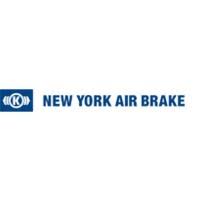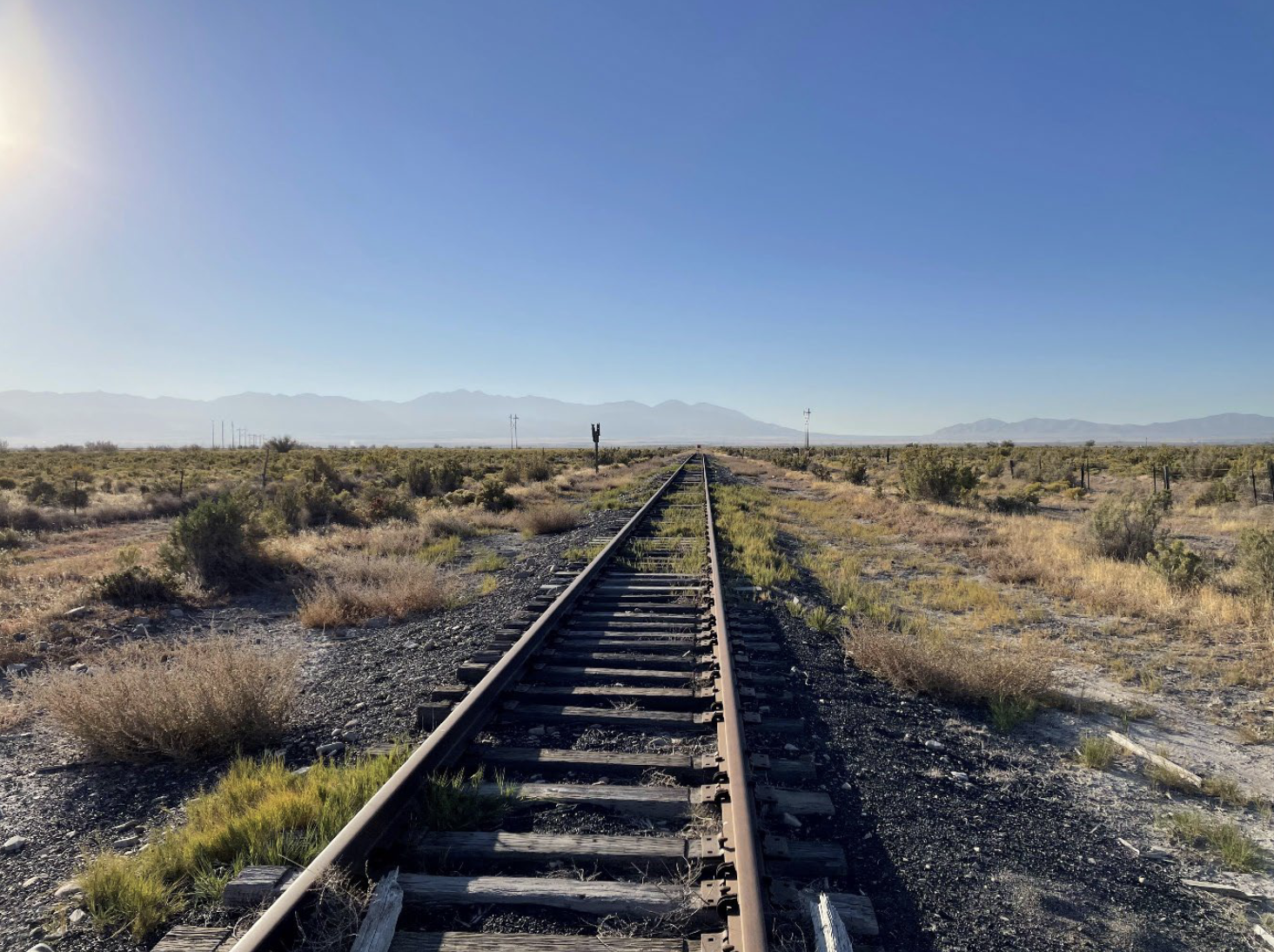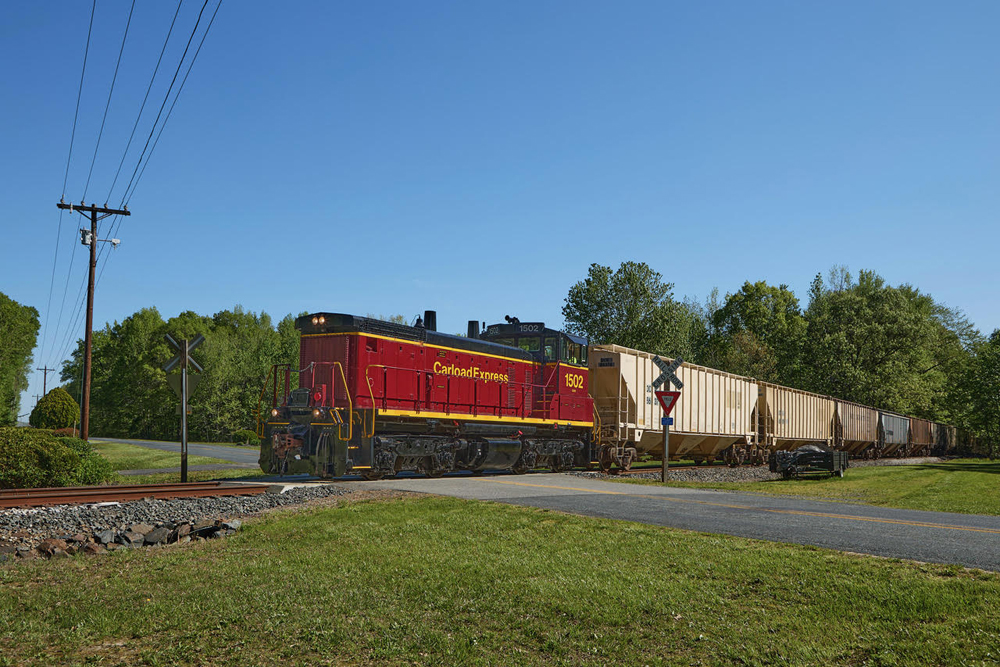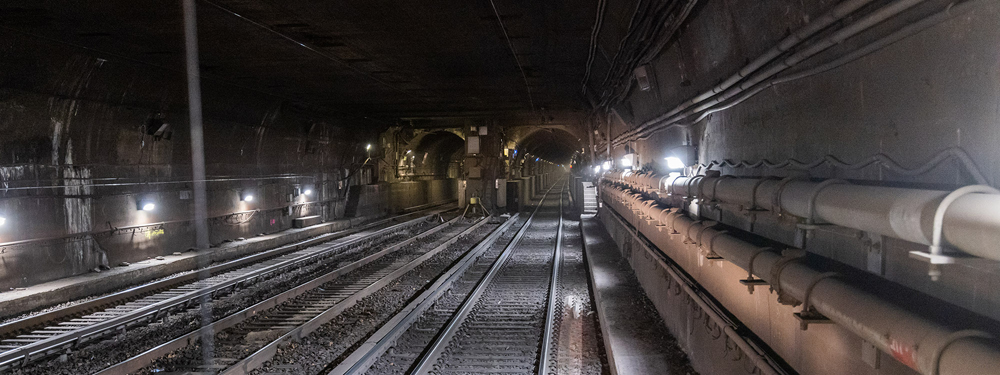 WATERTOWN, N.Y. — New York Air Brake’s DB-60 II brake control valve with Brake Cylinder Maintaining (BCM) has received unconditional approval from the Association of American Railroads for the BCM feature, becoming the only supplier granted full approval for the technology.
WATERTOWN, N.Y. — New York Air Brake’s DB-60 II brake control valve with Brake Cylinder Maintaining (BCM) has received unconditional approval from the Association of American Railroads for the BCM feature, becoming the only supplier granted full approval for the technology.
BCM is a patented feature that improves braking performance by replenishing air pressure when a leak occurs in the brake cylinder, allowing freight cars to stay in service longer by maintaining brake cylinder pressure.
The unconditional approval from the AAR represents important regulatory validation. The AAR typically allows conditional authorization for a prescribed number of units in revenue service after a new technology is developed, with additional units allowed in service on the condition that they meet or exceed performance standards.
Vince Moore, New York Air Brake senior product line manager, said in a press release that 100,000 of the DB-60 II control valves with BCM are now in use without a single failure because of the BCM technology. He called it “the biggest improvement in air brake control valve technology in 30 years. It helps reduce downtime, lower the life cycle costs/total cost of ownership of freight cars, and increase profitability for operators.”














“BCM is a patented feature that improves braking performance by replenishing air pressure when a leak occurs in the brake cylinder, allowing freight cars to stay in service longer by maintaining brake cylinder pressure.”
Does this mean that they will allow cars with leaking brake cylinders to remain in service longer before repairing them?
BCM is a great innovation and a significant safety enhancement.